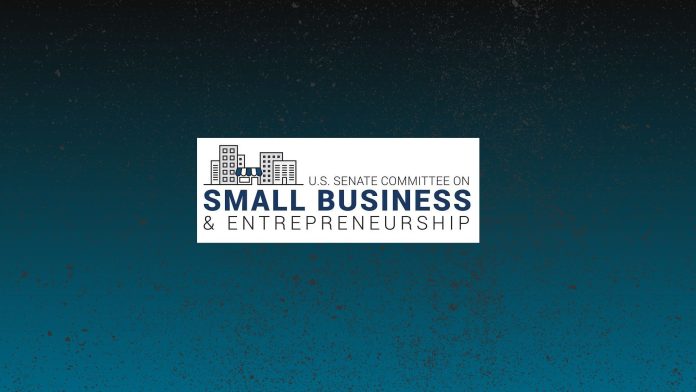In a decision that could significantly impact small business owners, the Senate Small Business and Entrepreneurship Committee has advanced legislation designed to enhance transparency and security for those reliant on Small Business Administration (SBA) disaster assistance. The recent meeting, which saw some contentious moments, highlighted both the ongoing need for accountability within the SBA and the potential risks posed by external entities accessing sensitive small business data.
Ranking Member Edward J. Markey (D-Mass.) expressed strong concerns about the current state of data protection at the SBA, especially regarding access to private financial information. Markey’s statement came in light of a rejected amendment meant to limit such access, specifically mentioning “DOGE operatives” who have reportedly been working under unclear protocols. “Congress must protect against breaking and entering into the private financial data of millions of hardworking individuals who rely on SBA,” he stated.
Key Takeaways for Small Business Owners:
- Focus on Data Security: The recent activities surrounding the SBA raise alarms about data privacy. Business owners must stay informed about who has access to their sensitive information and advocate for stronger protections.
- Legislative Progress: The committee’s support for the bipartisan SBA Disaster Transparency Act signifies a step toward greater accountability in how disaster loan programs are managed and reported. This could lead to better tracking and access to vital information for small businesses in need.
- Potential Risks and Challenges: The rejection of the amendment meant to limit access to private data indicates a gap in security measures that could endanger small businesses. Owners may need to proactively assess their data protections and understand the risks involved when sharing information with the SBA.
The SBA Disaster Transparency Act, spearheaded by Senators Scott (R-SC) and Schiff (D-CA), mandates the SBA to publish its disaster loan program reports on its website. This move aims to bolster transparency, allowing small business owners to access critical information regarding available assistance more easily. Markey emphasized the importance of this law, stating, “These two bills deliver for disaster survivors.”
Moreover, the committee reached an agreement on the Disaster Loan Accountability and Reform Act, led by Senator Budd, which promises to maintain benefits for those affected by disasters. Markey remarked on the significance of bipartisan efforts: “They demonstrate what this committee should be doing – passing commonsense, bipartisan legislation that positively impacts all small businesses regardless of being in a blue state or red state.”
As small business owners review the implications of these legislative moves, they should not overlook the practical applications of these acts. The enhanced transparency could improve their ability to navigate disaster-related loans, knowing they have clearer access to vital information and support. However, they must also be cognizant of the potential challenges posed by unauthorized entities gaining access to their sensitive data.
It remains to be seen how directly these legislative changes will influence the operational dynamics between the SBA and small business owners. For now, owners should monitor the developments closely to align their business strategies with the evolving landscape of disaster relief and data privacy.
Business owners interested in learning more about the legislative outcomes from the Small Business and Entrepreneurship Committee can access the full details of the markup and additional discussions via the Senate Committee’s website here.
As the conversation surrounding small business protections continues, navigating this complex environment will be crucial for safeguarding not only their data but also their enterprise’s future.
Image Via BizSugar



